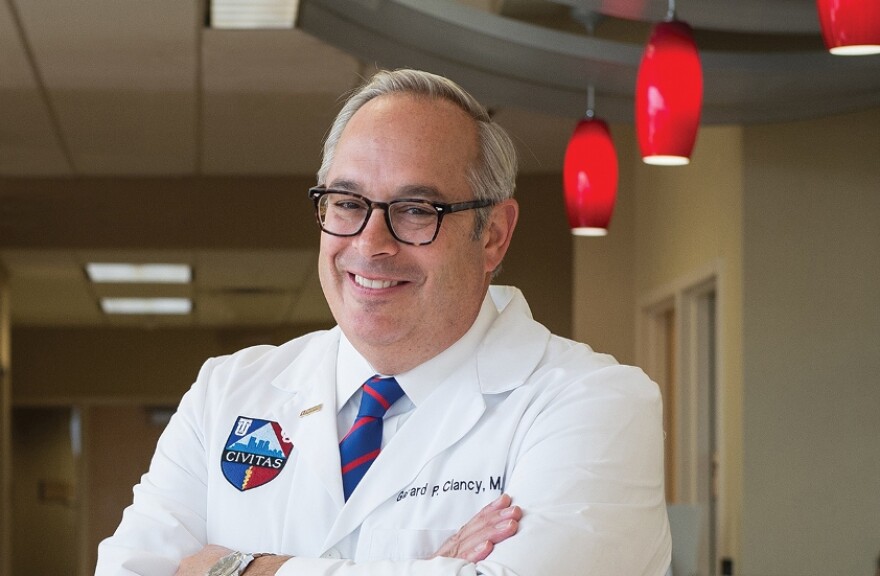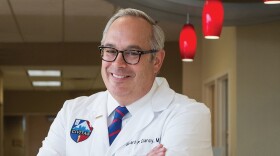On this edition of ST, we welcome Dr. Gerard Clancy back to our program. Earlier this year, Dr. Clancy was named Vice President for Health Affairs and Dean of The University of Tulsa's soon-to-be-officially-opened College of Health Sciences; before joining TU, he was President of OU-Tulsa for eight years. A recognized expert on community health, psychiatry, health care policy, and the study of medicine, Dr. Clancy tells us about how this newly created college will operate. Per the TU College of Health Sciences website: "[This college will unite] the School of Nursing, a physician assistant program, and the Departments of Athletic Training, Exercise, & Sports Science and Communication Disorders. Additionally, the college houses TU's faculty of Community Medicine and will advance the university's strong partnership with the Laureate Institute for Brain Research. Interdisciplinary study is key to the College of Health Sciences, where students and faculty are encouraged to collaborate with other departments -- and even other colleges -- to find solutions. Health Sciences students can learn from their peers in engineering, law, psychology, computer science, and business. Off campus, representatives from the college are encouraged to make a difference in the community, where health care needs are many. Service learning is an important facet of a TU education, and Health Sciences is an field where a university can be a change agent." Dr. Clancy also talks about an upcoming Health Sciences Symposium that he'll help to present on Monday the 28th at the Helmerich Center for American Research at the Gilcrease Museum; this event will bring together TU scholars from a range of different areas, all of them addressing "The Roots of America's Health Continental Divide."
Training Docs, Healing Communities: Dr. Gerald Clancy Describes TU's New College of Health Sciences










